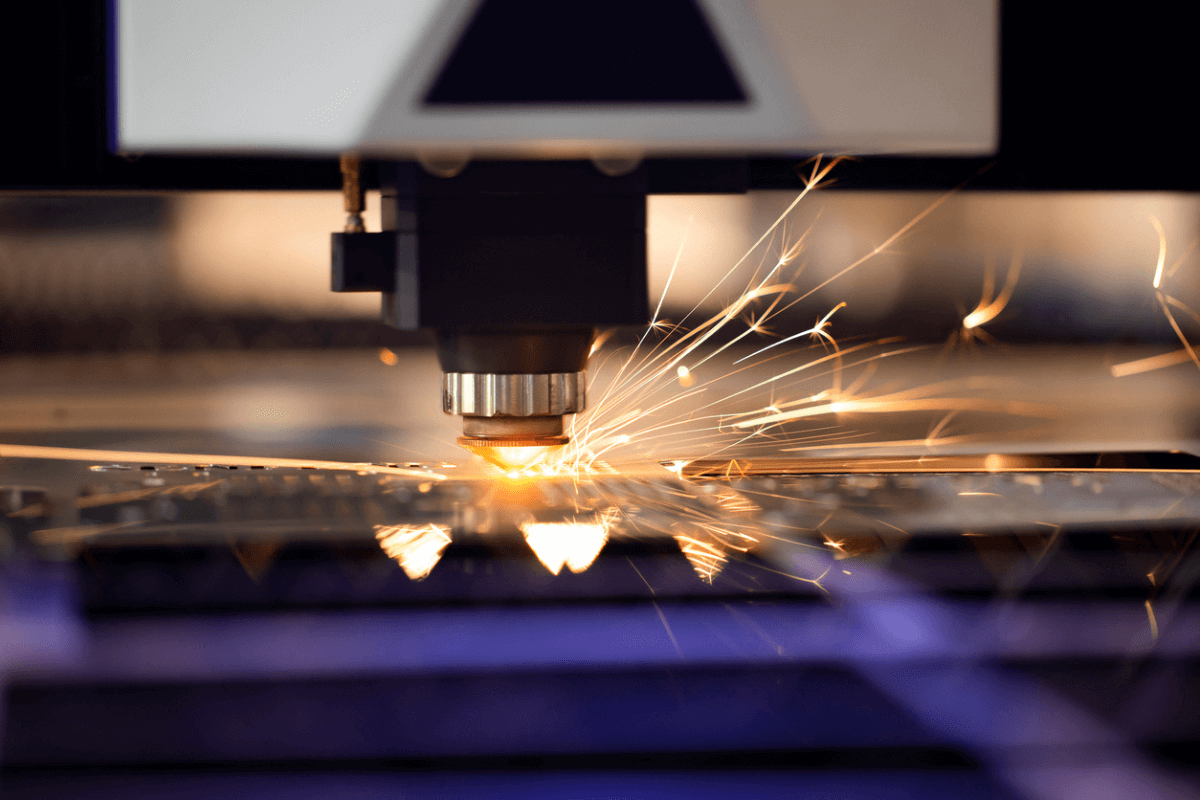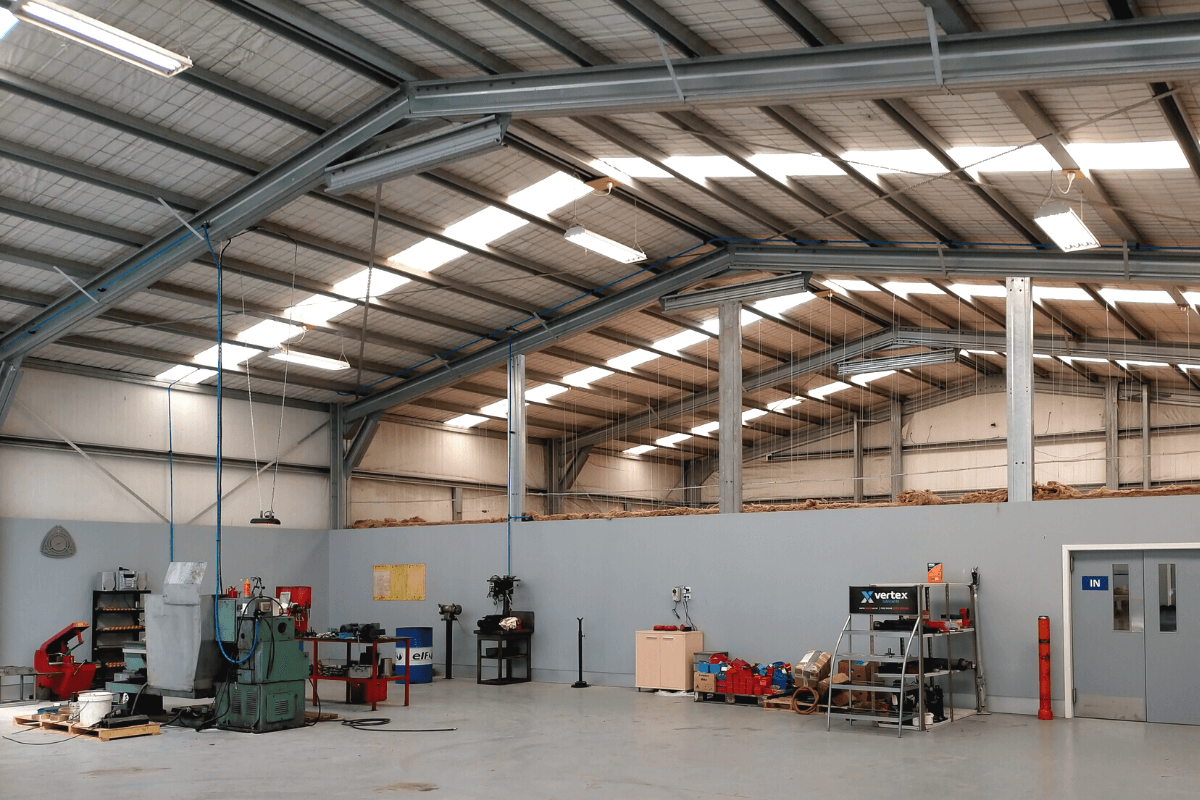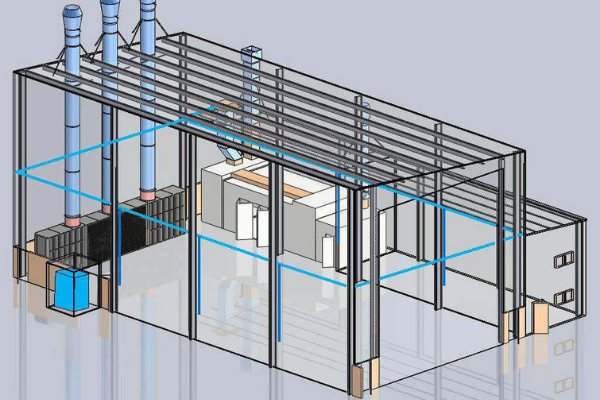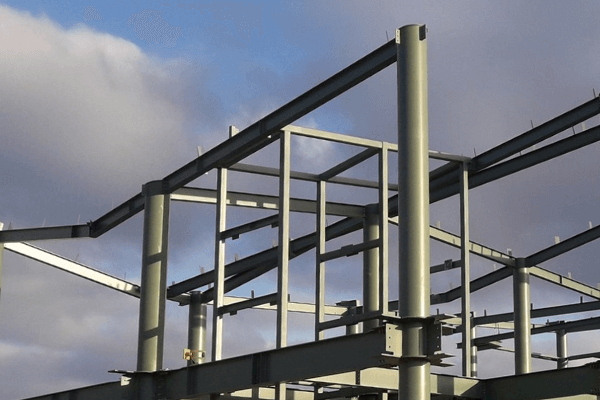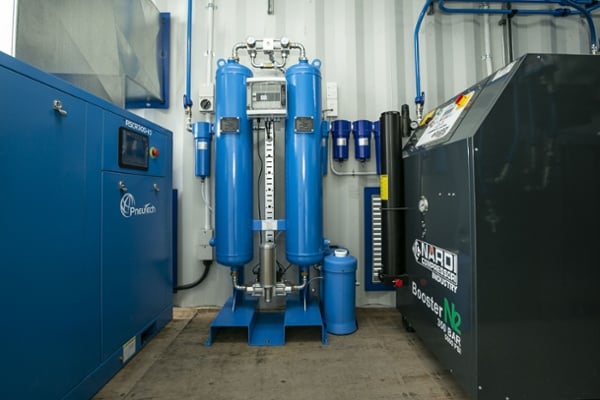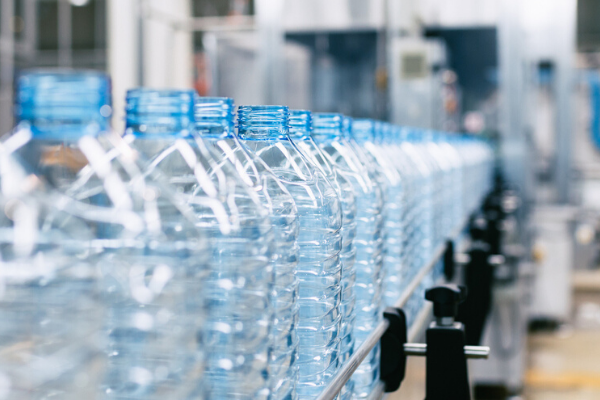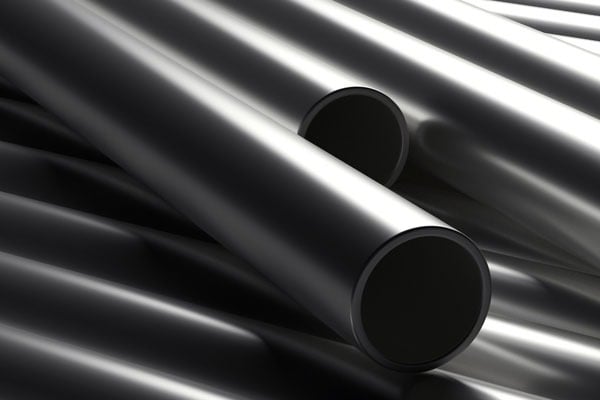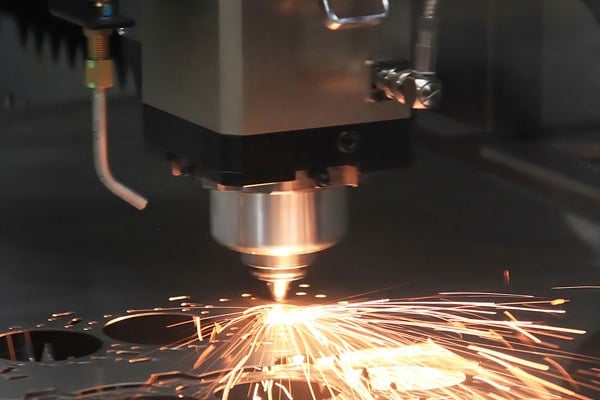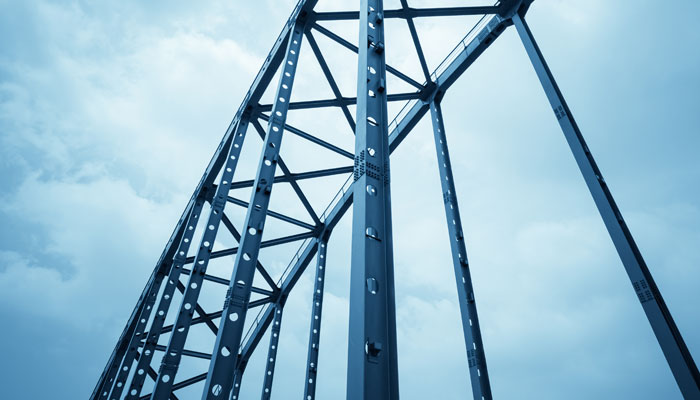Your air compressor has been the workhorse of your operation for years. It's powered through countless production cycles, weathered maintenance schedules, and probably earned a place in your team's daily routine. But what happens when that reliable partner starts showing its age?
Even the best-maintained air compressors won't last forever. While many industrial air compressor units run reliably for decades, there comes a point when keeping your old compressor going starts to cost more than it saves. Recognising these warning signs early can save you from unexpected breakdowns, spiralling costs, and the stress of having to replace your air compressor in an emergency.
1. Frequent breakdowns and unplanned downtime
Reliability is everything in production environments. If your maintenance team is constantly responding to compressor issues, those "small" failures quickly add up to major operational headaches. Every breakdown affects output, and that ripples through your entire business.
Here's something to consider: one hour of unplanned downtime can cost more than your entire annual maintenance budget. When breakdowns become the norm rather than the exception, it's time to question whether you're throwing good money after bad.
2. Rising maintenance and repair costs
Parts for older air compressor units become harder and more expensive to source as manufacturers phase out older models. Labour time increases too, as technicians spend longer diagnosing complex age-related issues and working around deteriorated components.
A useful rule of thumb: if your annual repair costs exceed 50% of what a new commercial air compressor would cost, you're likely better off upgrading. Those repair bills aren't going to get smaller, and neither is the risk of catastrophic failure.
Of course, there are ways to simplify and reduce the cost of maintenance. Learn more about our servicing options with 24/7 support and scheduled maintenance.
3. Declining efficiency and higher energy bills
Older compressors gradually lose their edge. Internal leaks develop, seals degrade, and valves wear down. The result? Your compressor works harder to deliver the same pressure output, driving up power consumption while delivering less reliable performance.
Modern air compressor installations are significantly more energy efficient than older units. Over the lifespan of the equipment, those energy savings can often pay for the cost to replace your air compressor entirely.
4. Outdated technology and safety standards
Technology moves fast, and air compressor systems are no exception. Older models often lack modern features like energy monitoring, remote diagnostics, or variable speed drives (VSDs) that can dramatically improve efficiency and reduce operating costs.
More importantly, older units may not meet current health, safety, or emissions requirements. Upgrading isn't just about performance; it's about staying compliant and potentially qualifying for energy-efficiency incentives or rebates.
5. Your business has changed, but the compressor hasn't
Production demands rarely stay static. If your operation has expanded, shifted focus, or changed processes, your compressor might now be poorly matched to your actual needs.
An undersized compressor will wear out faster due to constant overwork, while an oversized unit may short-cycle, leading to energy waste and unnecessary mechanical strain. A compressed air audit can help reassess whether your current setup still makes sense for your operation.
.png?width=1100&height=700&name=Blog%20images%20(18).png)
6. Electronic and software obsolescence
Even when the mechanical components are solid, the digital side of your compressor may be letting you down. Controllers, sensors, and firmware eventually lose manufacturer support, making troubleshooting more difficult and increasing your reliance on specialised technicians who understand legacy systems.
When obsolescence creeps in, so does operational risk. Parts become scarce, documentation disappears, and your options for upgrades or modifications become limited.
7. The hidden cost of keeping old equipment
Sometimes the biggest cost isn't what you're paying; it's what you're losing. Unreliable equipment means lost productivity, frustrated staff, and the constant worry about when the next breakdown will hit.
Consider the total cost of ownership. When you factor in rising energy bills, increasing maintenance costs, and the productivity lost to managing an ageing system, it often makes more financial sense to replace your air compressor than to keep repairing it.
8. Air compressor leaking oil
Oil leaks are often the most visible sign that your compressor needs attention. While a leaking air compressor doesn't always mean complete replacement (sometimes it's as simple as replacing worn seals), significant oil loss indicates internal wear that could signal broader problems.
If you notice oil pooling around your unit or oil contamination in your air lines, get a specialist assessment. Knowing when to test air compressor integrity often starts with checking for these external signs of internal problems.
9. Financing options make replacement more accessible
The upfront cost of a new industrial air compressor doesn't have to be a barrier. Leasing arrangements, finance packages, and trade-in programmes can spread the investment over time while delivering immediate operational benefits.
Many suppliers offer site assessments to recommend properly sized replacements, ensuring you get a system that matches your actual needs rather than simply replacing like-for-like.
Don't wait for complete failure
Air compressors rarely fail overnight, but the warning signs are usually there well in advance. The smart move is recognising these signs early and planning to replace your air compressor on your terms, rather than being forced into an emergency purchase when your old unit finally gives up completely.
By replacing a worn-out compressor before it fails, you reduce operational risk, improve energy efficiency, and future-proof your operation. The question is whether you'll choose the timing or let the compressor choose it for you.
Want to extend that timeline? Our new monthly service programme can help keep your compressor running longer.




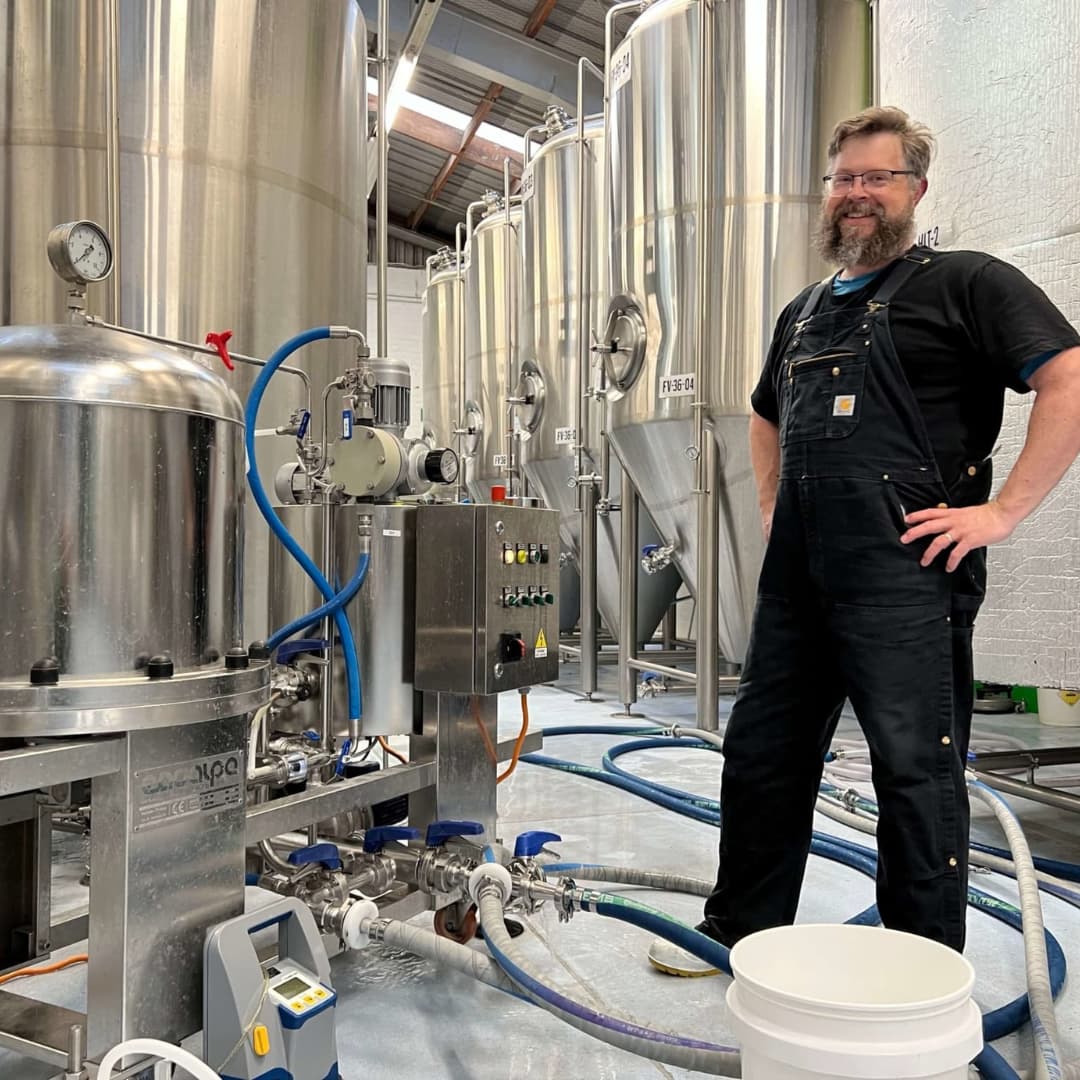
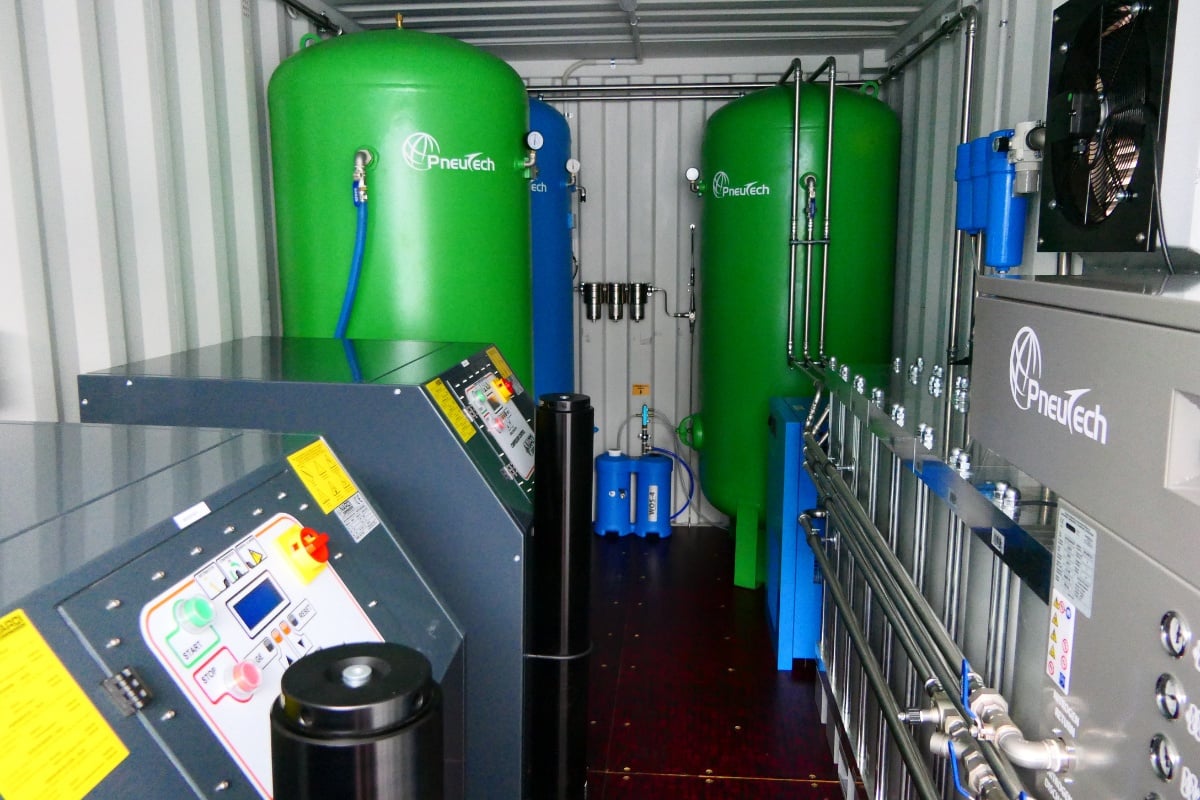
.jpg)


